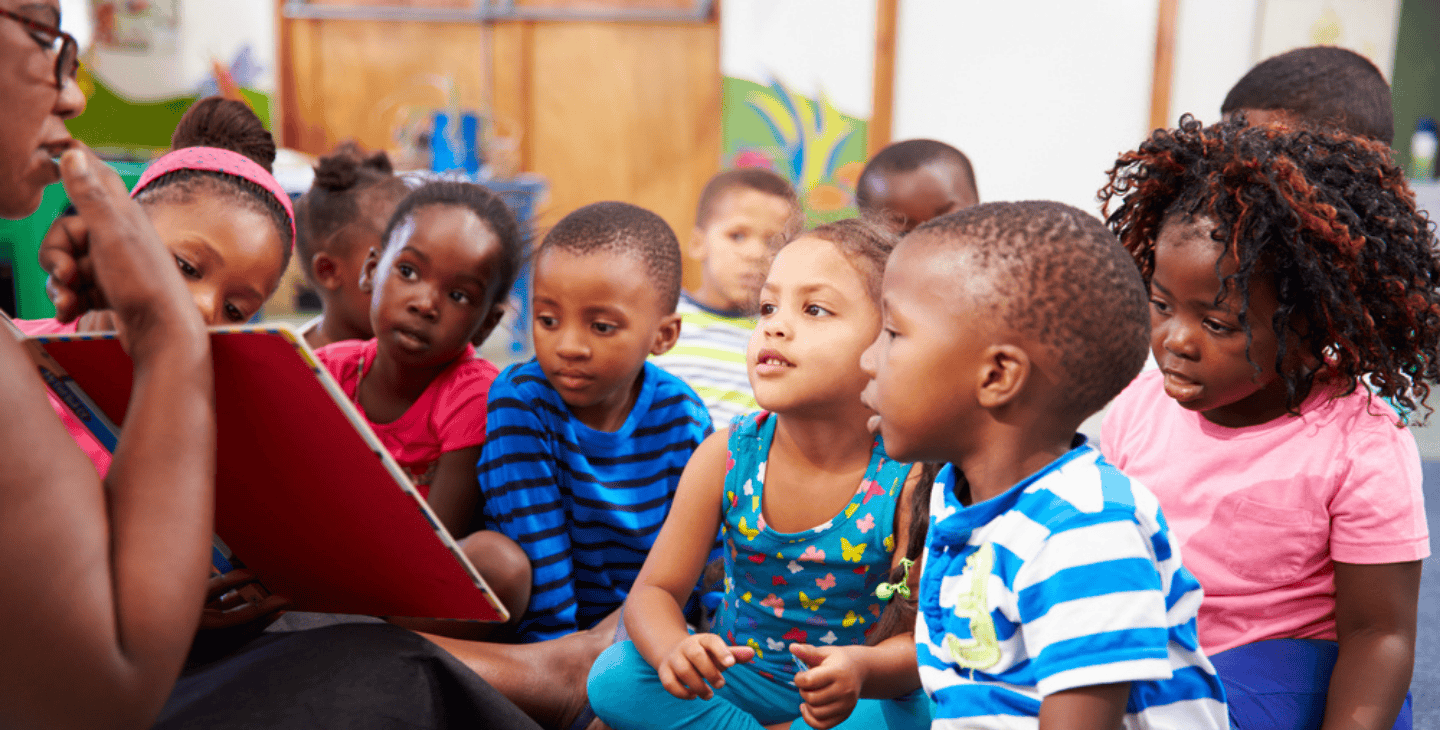
Pathways to stronger early learning assessments and global reporting
Research 16 Oct 2025 6 minute readPolicy brief by ACER recommends ways to strengthen existing early childhood assessments and to improve monitoring of SDG 4.2.
Evidence shows that early learning has lifelong benefits on children’s learning, socioemotional, and physical development. Yet, 250 million children under age 5 in low- and middle-income countries remain at risk of missing out on these development opportunities, and only one in 5 children in low-income countries attend preschool.
To address this, SDG target 4.2 focuses on improving the quality and accessibility of early education. Its main indicator, SDG 4.2.1, tracks the proportion of children aged 24–59 months who are developmentally on track in health, learning, and psychosocial well-being, by sex. Robust assessments of early learning are an important factor in achieving this goal.
The new policy brief by the Australian Council for Educational Research (ACER) urges governments and development partners to consider evidence-informed ways to enhance early learning assessments. It draws on a review by ACER’s Global Education Monitoring (GEM) Centre that identifies the strengths and limitations of existing early childhood assessments in monitoring progress towards SDG 4.2.1.
The policy brief highlights the critical importance of strong, evidence-based assessment systems that go beyond narrow measures of academic ability to encompass cognitive, social, emotional, and physical domains of early development. Its aims to help countries track progress, target policy effectively, and participate more meaningfully in global monitoring efforts.
One of the central messages to governments and development partners is that strong early learning assessments are key to identifying gaps and tailoring education policy to meet children where they are, especially those from disadvantaged backgrounds. Robust, nuanced data on early learning and development, can provide a more complete picture of children’s readiness for school and how that readiness varies by age, gender, preschool participation or household circumstances.
'High-quality assessment programs are essential components of education systems,' said Dr Dan Cloney, Senior Research Fellow, ACER.
'They provide reliable data about how children learn and develop in diverse contexts. They help us move beyond assumptions and provide the evidence needed to support every child’s right to quality early education.'
To address these gaps, the brief outlines 3 strategic actions:
- Monitor the breadth and depth of learning and development
- Use modern and objective measurement methods
- Engage in global dialogue to improve monitoring of SDG 4.2 indicators
The recommendations are explored in more detail in the policy brief and include concrete steps for implementation. For example, it calls for the use of learning progressions to inform the design of assessments. Learning progressions are detailed, research-based descriptions of how children typically develop skills. This allows countries to measure what children can do and how their capabilities evolve over time.
Another key recommendation is the adoption of Item Response Theory (IRT), a modern measurement approach that improves the comparability and reliability of assessment results. When used correctly, IRT allows policymakers to compare early learning outcomes across time, languages, and education systems, which is essential for global monitoring and local reform.
Importantly, the brief does not promote a one-size-fits-all solution. It encourages countries to tailor their assessment frameworks to local needs, while aligning with global goals and standards. This flexible approach means national data can feed into global SDG 4.2 monitoring and maintain relevance for national early childhood education policy, providing essential evidence for curriculum development, educator training and classroom practice.
As the 2030 deadline for achieving the SDGs grows closer, it is important that governments and development partners engage in ongoing global discussions about what early childhood learning and development should look like, and how it should be measured. Learning from other countries’ experiences and contributing national insights to global indicators can raise the quality and equity of early education worldwide.
For instance, under SDG 4.1 on quality primary and secondary education, global tools and frameworks were developed in an international consultation process of global organisations and national governments. These frameworks and tools could be extended to the early years. By contributing expertise, countries can shape the development of common learning progressions and assessment tools, ensuring they reflect diverse cultural and educational contexts.
The policy brief provides essential strategic guidance for education leaders on the critical importance of measuring early childhood development. High-quality data on early learning forms the foundation for designing effective and equitable policies. With robust assessment systems in place, the vision of SDG 4.2 – to ensure every child receives the strongest possible start – can be fully realised and sustained.
Further reading
Read Policy brief: Enhancing assessment of early childhood learning and development